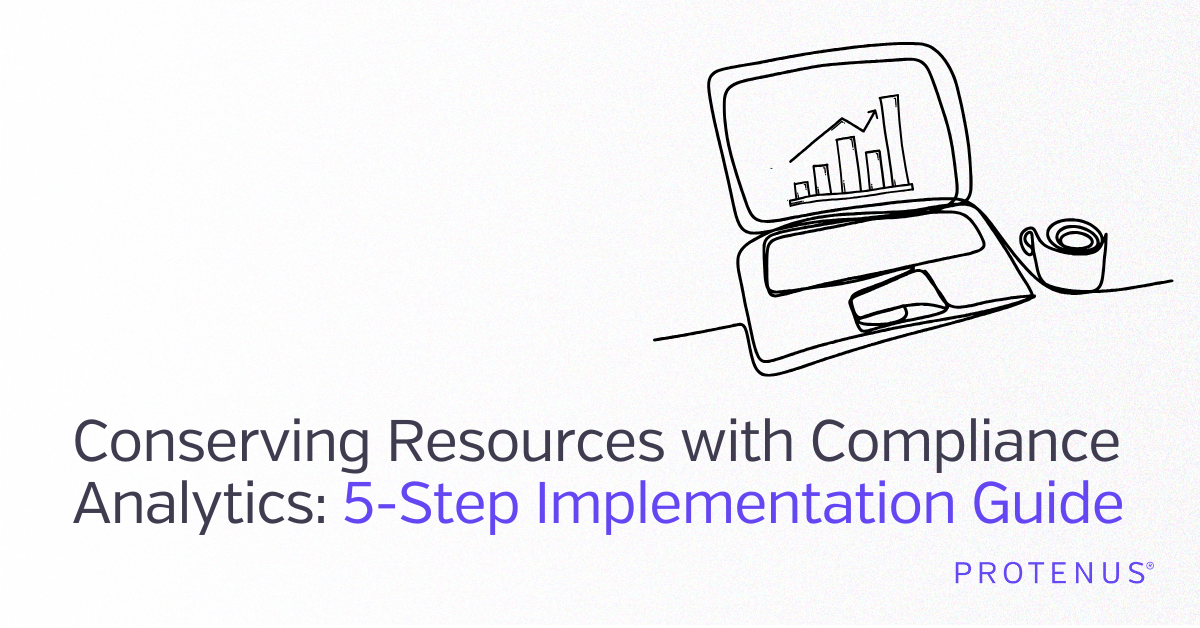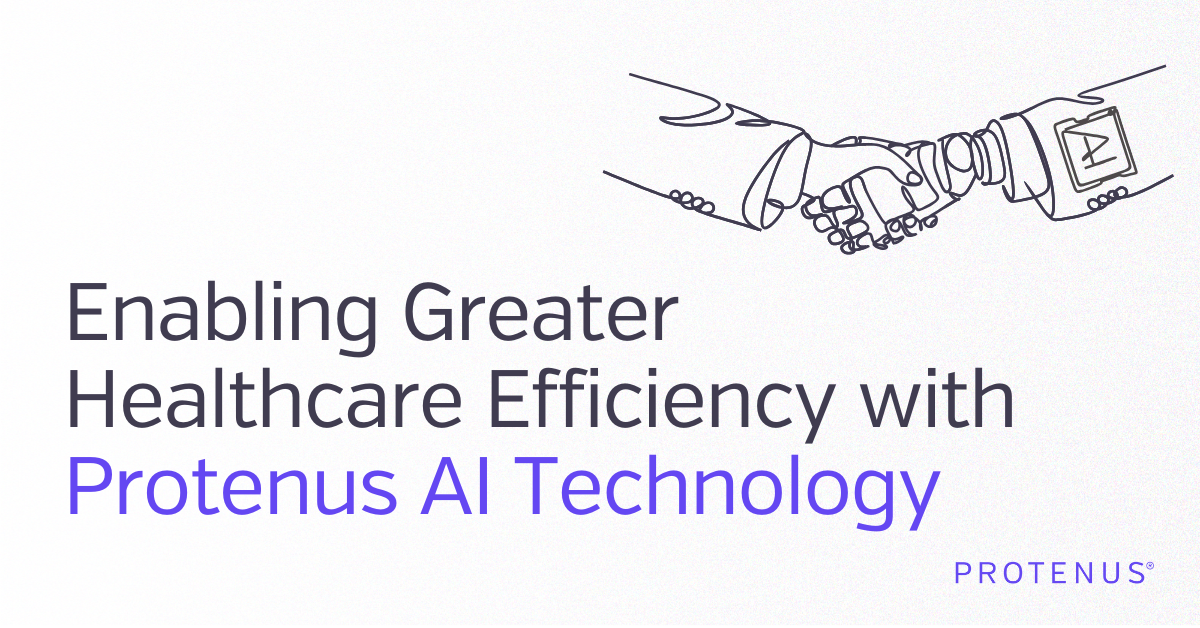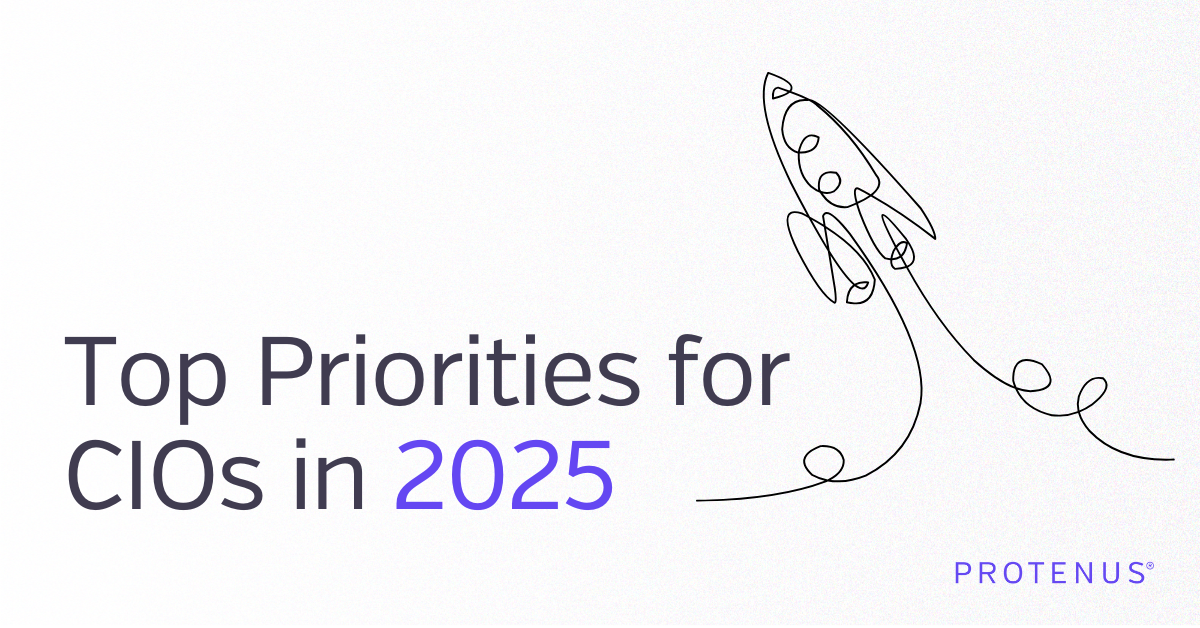Share this

Protenus Team Honored to Receive the HPE-IAPP Privacy Innovation Award
by Robert Lord, Co-founder, Protenus on September 15, 2016
The Protenus team was deeply honored and humbled when we received the 2016 HPE-IAPP Privacy Innovation Award for Technology. There is no greater privilege than to be recognized by your peers for making real contributions to enhancing patient privacy.
Technology is only useful if it solves problems, and too often organizations embrace technology for technology’s sake. Looking across industries, we frequently see the wreckage of ill-conceived technology projects that do little to solve real-world business and societal problems.
Follow us on Twitter and on LinkedIn to engage with us on important topics.
Innovation Springs from Researching and Proposing Solutions to Big, Unsolved Problems
From the start, we at Protenus organized around the concept of solving some of healthcare’s biggest, hairiest, most audacious problems (stealing from James Collins and Jerry Porras’ Built to Last). We set out to tackle the problem of how hospital systems protect patient privacy within the electronic health record (EHR).
When I was a medical student, I had the privilege of working in an HIV clinic, caring for patients during all stages of their treatment for HIV and AIDS. The stigma associated with being HIV positive led many of my patients to be more concerned about their privacy than their life-threatening diagnosis, sometimes avoiding treatment to keep their secret safe, and often wary of the information we were putting into the electronic medical record. This led me to investigate safeguards in place to protect people’s precious health data.
Shocked By the State of Privacy Protection in the EHR
Over the past eight years or so, tens of billions of dollars were poured into rolling out and digitizing every piece of health data on the planet. However, we did so with little thought to how we should be protecting this sensitive data, particularly with regard to employees, affiliates, contractors and the many other insiders who have access to the EHR.
Whether a young woman whose abortion is discovered by an acquaintance cruising through the EHR and shared on facebook, or a nurse who is bribed to divert medical records to the black market, or a celebrity who is blackmailed due to his cancer diagnosis, medical data can be used for a terrifying array of threats that risk the livelihoods and reputations of patients and hospitals alike.
Due to the complexity of the clinical environment, the rule-based systems and retrospective audits of the past have proven inadequate. My co-founder, good friend, and fellow medical student, Nick Culbertson and I knew that there was a better way to tackle these challenges. We realized that we needed to build something entirely new.
Assembling a world-class team of data scientists, engineers, and privacy specialists, we set out to build an intelligent companion that leverages Protenus-led advances in big data, artificial intelligence, clinical informatics, and machine learning to examine every single access to patient data in a hospital, every second, of every day.
Embracing Innovation Can Scale Trust Throughout Healthcare
The Protenus patient privacy analytics platform is deployed at scale and is increasing inappropriate access detection by 1600%. Our customers have only 1-3% false positives, meaning essentially every alert our platform generates is an actual violation, so there’s no need to wade through the noise of false alerts. The automated reporting suite takes the time to resolve breaches from months down to mere minutes. Most importantly, our partner institutions are delighted at their ability to create a culture of trust and privacy in their institutions and most importantly with their patients.
Receiving the 2016 IAPP Privacy Innovation Award validates the team’s hard work and truly reinforces the fact we are making a positive impact. We are proud to be following past winners that include: Airwatch by VMWare (2015), IDExperts (2014), Considerati (2013).
At Protenus, we believe in a future where data about ourselves and loved ones is used intelligently and appropriately. We believe in a future where the promise of big data can be realized in parallel with the promise of technologies that defend that data with equal sophistication. We believe in future where the sacred trust between patient and provider is preserved and strengthened, with both parties knowing their communications are kept safe. Our mission is to scale trust across millions of providers and hundreds of millions of patients. We are heartened that the IAPP community believes we poised to make big progress towards accomplishing that mission.
Reach out so we can further this mission together.
Share this
- December 1, 2024 (3)
- November 1, 2024 (1)
- October 1, 2024 (2)
- September 1, 2024 (1)
- August 1, 2024 (1)
- July 1, 2024 (1)
- June 1, 2024 (1)
- May 1, 2024 (1)
- March 1, 2024 (2)
- February 1, 2024 (3)
- January 1, 2024 (1)
- December 1, 2023 (1)
- November 1, 2023 (3)
- October 1, 2023 (3)
- September 1, 2023 (1)
- August 1, 2023 (1)
- July 1, 2023 (2)
- April 1, 2023 (1)
- March 1, 2023 (1)
- February 1, 2023 (1)
- December 1, 2022 (3)
- November 1, 2022 (3)
- October 1, 2022 (1)
- September 1, 2022 (1)
- August 1, 2022 (2)
- June 1, 2022 (4)
- May 1, 2022 (5)
- April 1, 2022 (1)
- March 1, 2022 (4)
- February 1, 2022 (3)
- November 1, 2021 (2)
- October 1, 2021 (3)
- September 1, 2021 (3)
- August 1, 2021 (3)
- July 1, 2021 (4)
- June 1, 2021 (2)
- May 1, 2021 (2)
- April 1, 2021 (2)
- March 1, 2021 (5)
- February 1, 2021 (1)
- January 1, 2021 (1)
- December 1, 2020 (1)
- November 1, 2020 (2)
- October 1, 2020 (2)
- September 1, 2020 (3)
- August 1, 2020 (2)
- July 1, 2020 (2)
- June 1, 2020 (6)
- May 1, 2020 (3)
- April 1, 2020 (4)
- March 1, 2020 (2)
- February 1, 2020 (4)
- January 1, 2020 (2)
- December 1, 2019 (2)
- November 1, 2019 (1)
- October 1, 2019 (1)
- September 1, 2019 (1)
- August 1, 2019 (1)
- June 1, 2019 (1)
- April 1, 2019 (1)
- February 1, 2019 (1)
- January 1, 2019 (1)
- December 1, 2018 (2)
- November 1, 2018 (2)
- October 1, 2018 (2)
- September 1, 2018 (3)
- August 1, 2018 (1)
- July 1, 2018 (2)
- June 1, 2018 (2)
- May 1, 2018 (1)
- April 1, 2018 (1)
- March 1, 2018 (2)
- February 1, 2018 (6)
- January 1, 2018 (2)
- September 1, 2017 (2)
- August 1, 2017 (2)
- June 1, 2017 (2)
- May 1, 2017 (1)
- April 1, 2017 (1)
- March 1, 2017 (2)
- February 1, 2017 (5)
- January 1, 2017 (2)
- December 1, 2016 (3)
- November 1, 2016 (5)
- October 1, 2016 (4)
- September 1, 2016 (8)
- August 1, 2016 (4)
- July 1, 2016 (4)
Subscribe by email
You May Also Like

Conserving Resources with Compliance Analytics: A 5-Step Implementation Guide

Enabling Greater Healthcare Efficiency with Protenus AI Technology

.png?width=1000&height=140&name=Bluesight%20%2B%20Protenus%20Logo%20%20(1).png)